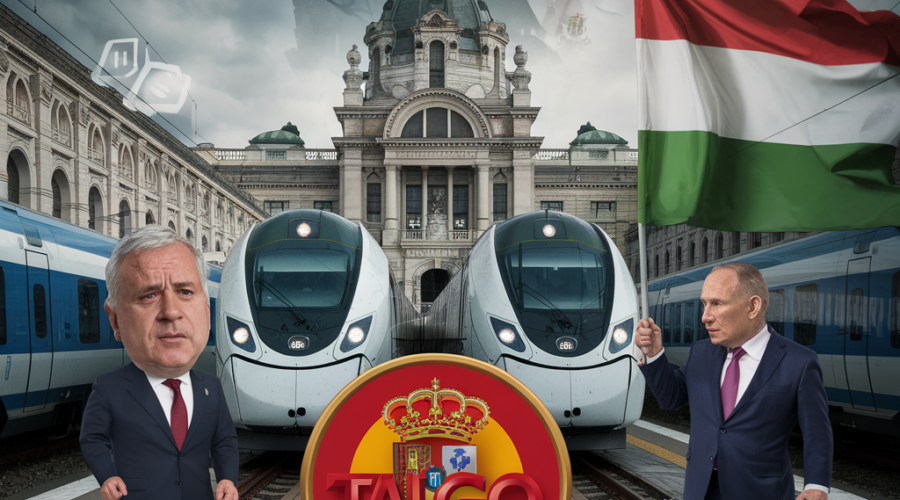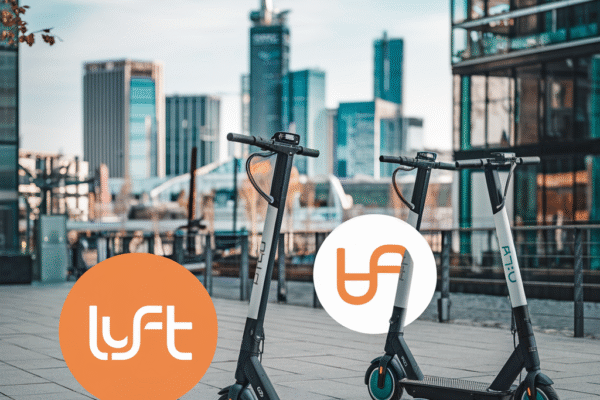Spain Blocks Hungarian Train Bid as ‘National Security’ Threat – Key Highlights
- Spain has blocked a €619 million bid by a Hungarian consortium to acquire Talgo, a Spanish train manufacturer, citing national security concerns.
- The rail industry is crucial for Europe’s transportation infrastructure, with significant economic and strategic implications.
- Spain argued that the acquisition posed risks to national security and public order due to the consortium’s links to Russia.
- Similar incidents have occurred in France and Germany, reflecting a broader trend of protecting domestic industries from potential security risks.
- The decision could impact future rail infrastructure projects and competitive dynamics among European rail companies.
Background: Rail Industry’s Strategic Importance in Europe
The rail industry is a vital component of Europe’s transportation infrastructure, with significant economic and strategic implications. Talgo, a leading Spanish manufacturer of high-speed trains, has been at the center of a high-stakes bidding process. The Hungarian consortium, Ganz-Mavag Europe, had proposed a 100% acquisition of Talgo, which would have given Hungary control over a strategic company in Spain’s key sector for economic security, territorial cohesion, and industrial development.
National Security Concerns Driving Spain’s Decision
Spain’s decision to block the acquisition was prompted by national security concerns. The Spanish government argued that authorizing the operation would entail risks to national security and public order. Specifically, the veto was motivated by the consortium’s links to Russia, with 45% of the consortium owned by Corvinus International Investment, a state-owned investment fund, and 55% owned by Magyar Vagon, which has informal connections with Transmashholding, a Russian rail equipment manufacturer.
“The cabinet has agreed today not to authorise the foreign direct investment in Talgo by Ganz-Mavag Europe Private Limited,” Spain’s economy ministry announced in a statement. “The analysis has determined that authorising this operation would entail risks to national security and public order.”
Historical Precedents and Industry Implications
This move is not an isolated incident. Similar concerns have led to the blockage of foreign investments in critical sectors across Europe. For instance, in 2014, France blocked General Electric’s bid for Alstom over national security and industrial policy concerns. Germany has also been cautious about foreign buyouts in critical technology sectors, reflecting a broader trend of protecting domestic industries.
The decision to block the acquisition could have significant implications for future rail infrastructure projects across Europe. It may lead to increased scrutiny of foreign investments in strategic sectors, potentially affecting competitive dynamics among European rail companies. Talgo is currently in good financial shape, with a backlog of orders valued at over €4 billion and a revenue of €652 million in 2023, an increase of 39% from the previous year.
Geopolitical Dynamics and Expert Insights
This incident highlights the complexities of the EU’s regulatory landscape and the diverse positions of member states on foreign investments. Hungary’s increasing international presence, particularly under Prime Minister Viktor Orbán, has raised geopolitical concerns. The EU has been grappling with the implications of Chinese investments in strategic sectors, further complicating the regulatory environment.
Industry experts and national security analysts have weighed in on the implications of this decision. “The prerogative of such decisions lies with member states,” a European Commission spokesperson noted, emphasizing the EU’s stance on member states’ rights to restrict single market freedoms on public security grounds. Experts also point out that the veto raises fears of diminishing confidence in the single market due to Hungary’s insistence on developing links with Russia,





